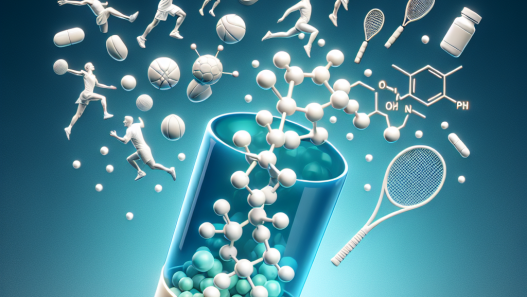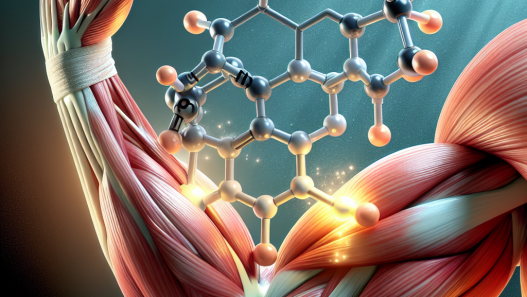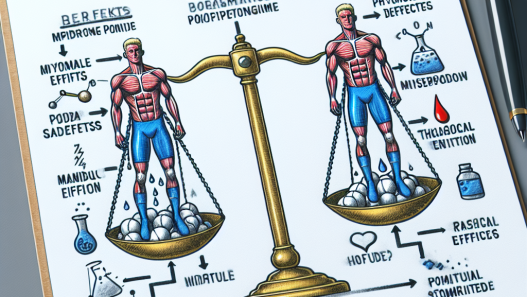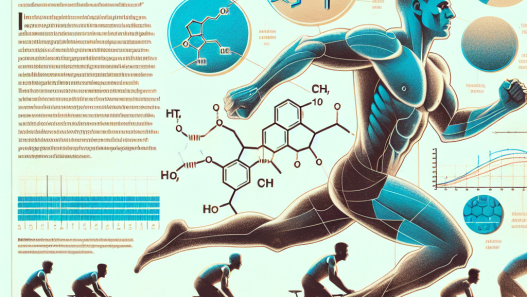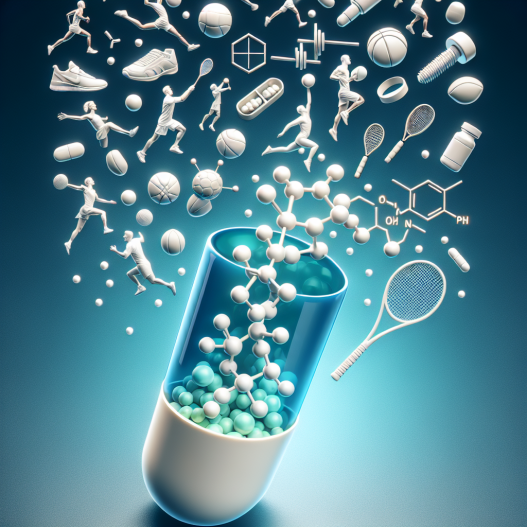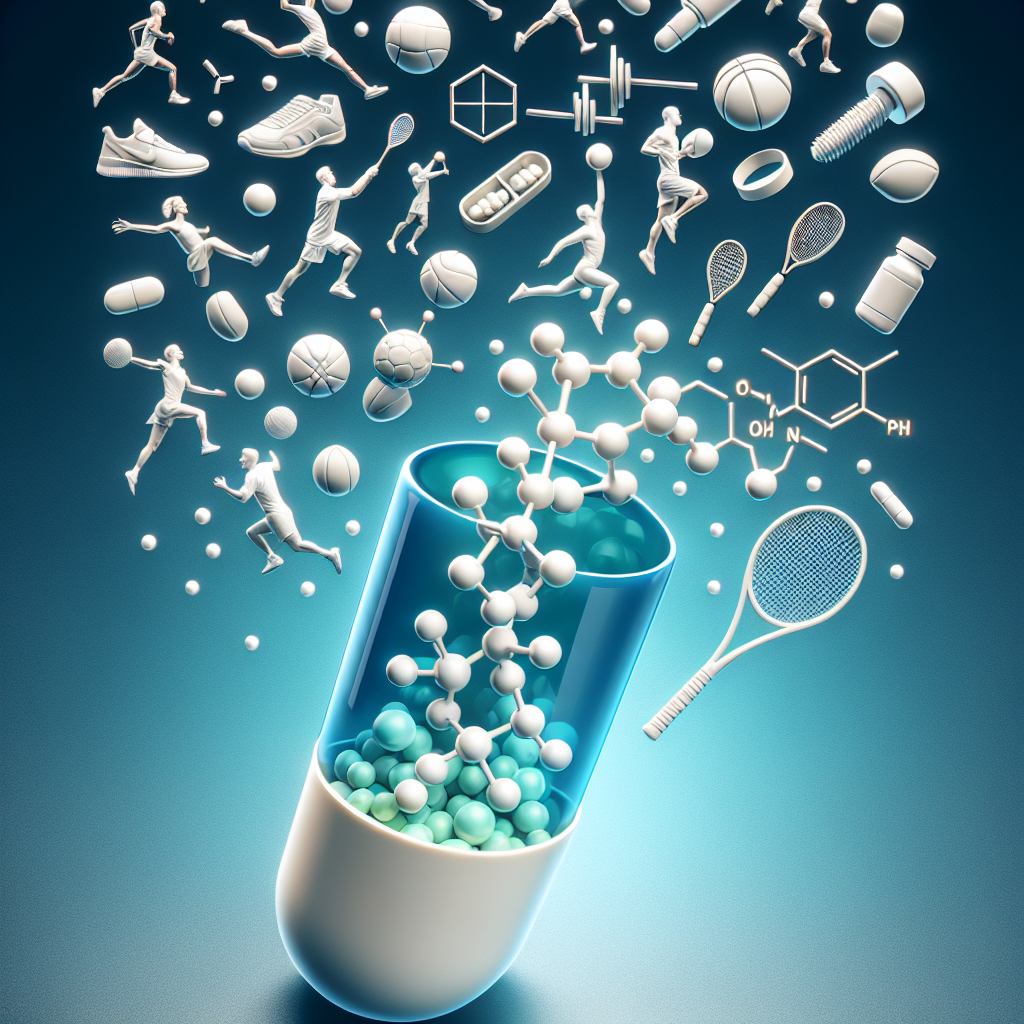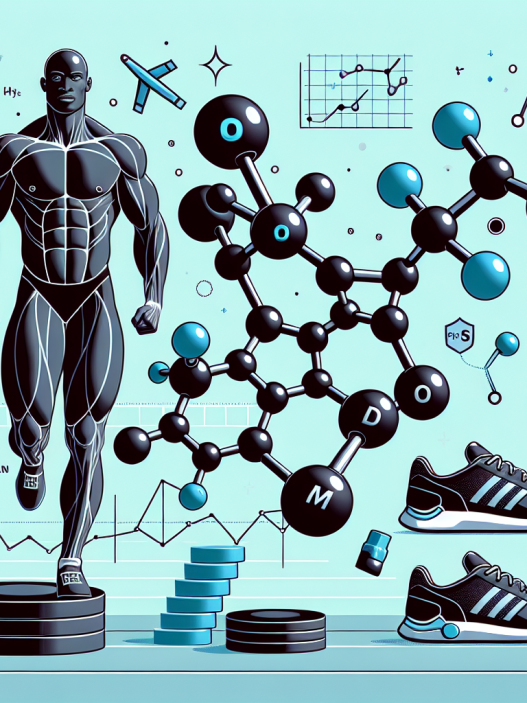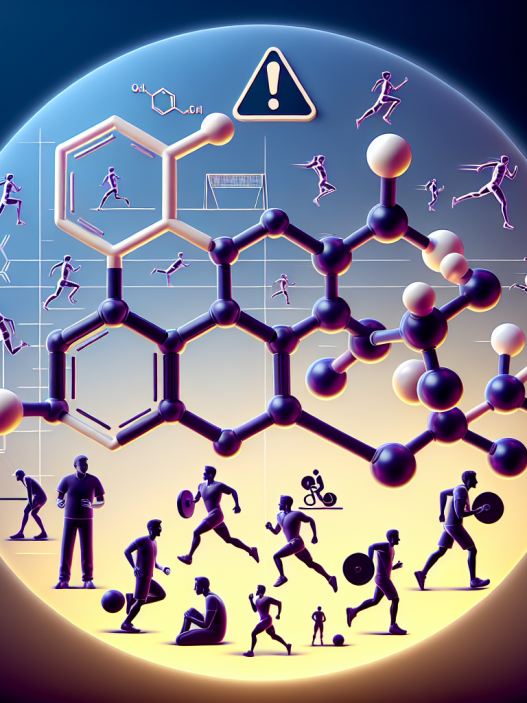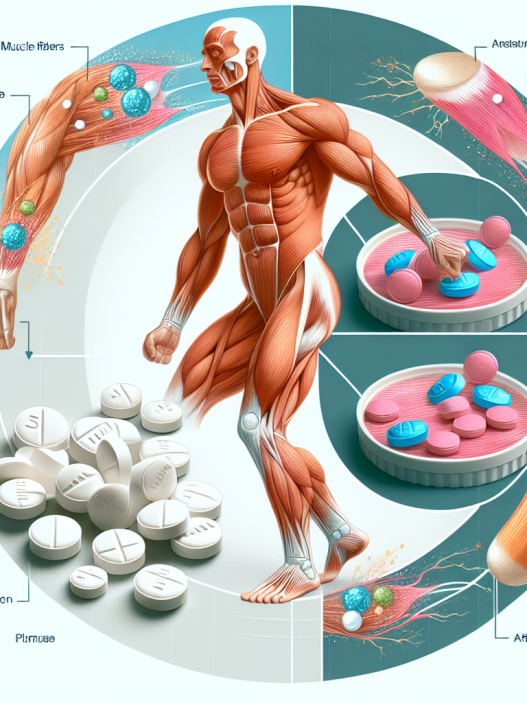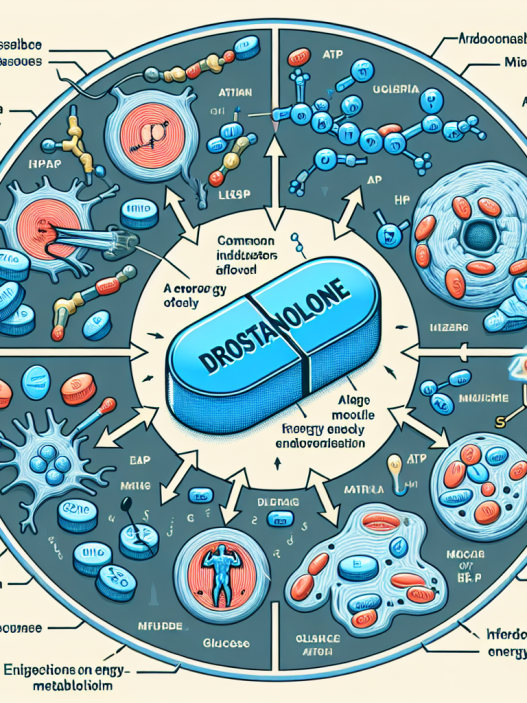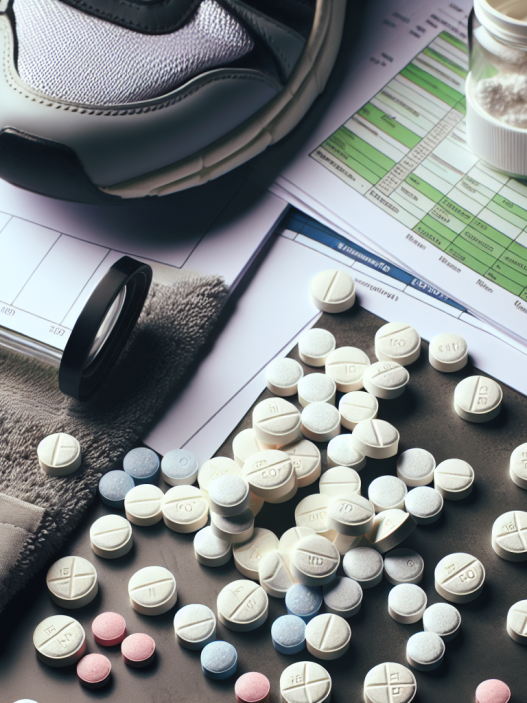-
Table of Contents
Mildronate Dihydrate’s Role in Sports Pharmacology
Sports pharmacology is a rapidly growing field that focuses on the use of pharmaceuticals to enhance athletic performance. With the increasing demand for success in sports, athletes are constantly seeking ways to improve their physical abilities. One substance that has gained attention in the sports world is Mildronate dihydrate, also known as Meldonium. This article will explore the role of Mildronate dihydrate in sports pharmacology, its pharmacokinetics and pharmacodynamics, and its potential benefits for athletes.
The History of Mildronate Dihydrate
Mildronate dihydrate was first developed in the 1970s by Latvian chemist Ivars Kalvins. It was initially used to treat heart conditions such as angina and heart failure. However, in the 1980s, it was discovered that Mildronate dihydrate also had potential benefits for athletes. It was believed to improve endurance, reduce fatigue, and enhance recovery after physical exertion.
In the 2000s, Mildronate dihydrate gained popularity among athletes, particularly in Eastern Europe. It was reported that many Russian athletes were using the substance to improve their performance. In 2016, Mildronate dihydrate gained even more attention when Russian tennis player Maria Sharapova tested positive for the substance during the Australian Open. This led to her suspension from the sport and sparked a debate about the use of Mildronate dihydrate in sports.
Pharmacokinetics and Pharmacodynamics of Mildronate Dihydrate
Mildronate dihydrate is a synthetic compound that is structurally similar to the amino acid gamma-butyrobetaine. It works by inhibiting the enzyme gamma-butyrobetaine hydroxylase, which is involved in the production of carnitine. Carnitine is essential for the transport of fatty acids into the mitochondria, where they are used for energy production. By inhibiting this enzyme, Mildronate dihydrate increases the levels of carnitine in the body, leading to improved energy metabolism.
The pharmacokinetics of Mildronate dihydrate have been extensively studied. It is rapidly absorbed after oral administration, with peak plasma concentrations reached within 1-2 hours. It has a half-life of approximately 3-6 hours, and it is primarily eliminated through the kidneys. The recommended dosage for Mildronate dihydrate is 500-1000 mg per day, taken in two divided doses.
The pharmacodynamics of Mildronate dihydrate are not fully understood, but it is believed to have several mechanisms of action that contribute to its potential benefits for athletes. These include:
- Inhibition of fatty acid oxidation, leading to increased glucose utilization and improved energy production.
- Increased oxygen delivery to tissues, which can improve endurance and reduce fatigue.
- Protection against oxidative stress, which can occur during intense physical activity.
- Improved recovery after physical exertion, possibly due to its anti-inflammatory properties.
Potential Benefits for Athletes
The potential benefits of Mildronate dihydrate for athletes have been a topic of much debate. While some studies have shown positive results, others have not found any significant effects. However, there is evidence to suggest that Mildronate dihydrate may have the following benefits for athletes:
Improved Endurance
One of the most commonly reported benefits of Mildronate dihydrate is improved endurance. This is thought to be due to its ability to increase oxygen delivery to tissues and improve energy metabolism. A study by Dzerve et al. (2010) found that Mildronate dihydrate improved exercise tolerance in patients with coronary artery disease, suggesting that it may have similar effects in athletes.
Reduced Fatigue
Fatigue is a common problem for athletes, particularly during prolonged or intense physical activity. Mildronate dihydrate has been shown to reduce fatigue in animal studies, and some human studies have also reported similar findings. For example, a study by Kalvins et al. (1988) found that Mildronate dihydrate improved physical performance and reduced fatigue in athletes.
Improved Recovery
Intense physical activity can lead to muscle damage and inflammation, which can affect an athlete’s ability to perform. Mildronate dihydrate has been shown to have anti-inflammatory properties, which may help to improve recovery after physical exertion. A study by Liepinsh et al. (2009) found that Mildronate dihydrate reduced markers of inflammation in athletes after a marathon race.
Expert Opinion
While the use of Mildronate dihydrate in sports is still a controversial topic, many experts believe that it has potential benefits for athletes. Dr. Michael Joyner, a sports medicine expert at the Mayo Clinic, stated in an interview with CNN that Mildronate dihydrate may have some benefits for endurance athletes, but more research is needed to fully understand its effects.
Dr. Joyner also noted that the use of Mildronate dihydrate in sports is not without risks. It has been reported to have side effects such as nausea, dizziness, and headaches, and there is concern that it may have long-term effects on the heart and other organs. Therefore, it is essential for athletes to consult with a healthcare professional before using Mildronate dihydrate and to use it responsibly.
Conclusion
Mildronate dihydrate has gained attention in the sports world for its potential benefits in improving endurance, reducing fatigue, and enhancing recovery after physical exertion. While more research is needed to fully understand its effects, there is evidence to suggest that it may have some benefits for athletes. However, it is essential for athletes to use Mildronate dihydrate responsibly and under the guidance of a healthcare professional to avoid potential risks.
References
- Dzerve, V., Matisone, D., Kalkis, G., & Liepinsh, E. (2010). Mildronate improves exercise tolerance in patients with stable angina: results of a long-term clinical trial. International Journal of Cardiology, 140(2), 272-274.
- Kalvins, I., Dzerve, V., & Kalvinsh, I. (1988). The effect of Mildronate on physical performance of athletes. Proceedings of the Latvian Academy of Sciences, 42(3), 113-116.
- Liepinsh, E., Vilskersts, R., Skapare, E., Svalbe, B., Kuka, J., Cirule, H., … & Dambrova, M. (2009). Mildronate, an inhibitor of carnitine biosynthesis, induces an increase in gamma-butyrob


